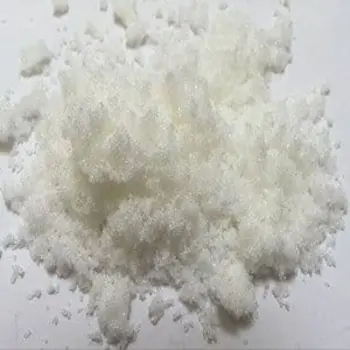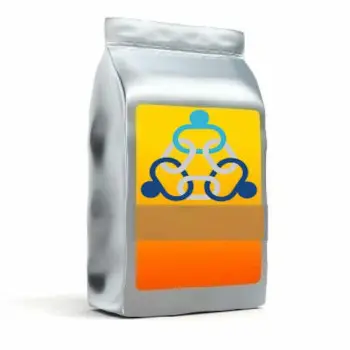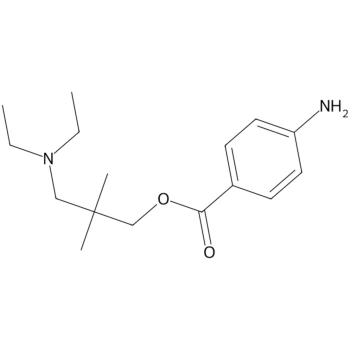4-ACO-DMT, O-Acetylpsilocin is a synthetically produced psychoactive drug and has been suggested by David Nichols to be a potentially useful alternative to psilocybin for pharmacological studies, as they are both believed to be prodrugs of psilocin.
4-ACO-DMT (also known as O-Acetylpsilocin, 4-Acetoxy-DMT, or Psilacetin) is a synthetically produced psychedelic tryptamine. It is the acetylated form of the psilocybin mushroom alkaloid psilocin and is a lower homolog of 4-AcO-DET, 4-AcO-MiPT and 4-AcO-DiPT. The compound has been suggested by David Nichols to be a potentially useful alternative to psilocybin for pharmacological studies as they are both believed to be prodrugs of psilocin.[1] Its structural similarities to psilocin and psilocybin results in an identical subjective effect profile and the three compounds can be said to feel indistinguishable from each other. This allows 4-AcO-DMT to function as a perfect substitute for psilocybin mushrooms.
44-ACO-DMT and several other esters of psilocin were originally patented on January 16, 1963 by Sandoz Ltd. via Albert Hofmann & Franz Troxler.[2][3] Despite this fact, 4-AcO-DMT remains a psychedelic with a limited history of use prior to its release as a grey area compound on the online research chemical market.
4-ACO-DMT ‘s psychedelic effects are believed to come from its efficacy at the 5-HT2A receptor as a partial agonist. However, the role of these interactions and how they result in the psychedelic experience continues to remain elusive.
In the body, 4-AcO-DMT / psilacetin is thought to be deacetylated into psilocin during first pass metabolism and subsequent passes through the liver (evident as psilacetin is also active when injected). This has not been formally proven, however, and is based on reports that most users cannot tell the difference between these two compounds when ingested to the point that they are often considered as indistinguishable from each other in terms of their subjective effects.
There are, however, claims of subjective differences in effect between the acetylated and non-acetylated forms of psilocin.[4] Some users report that it lasts slightly longer than psilocin while others report that it lasts for a considerably shorter time. Many users report less body load and nausea compared to psilocin. Some users find that the visual distortions produced by 4-AcO-DMT more closely resemble those produced by DMT than those produced by psilocin. These differences could be possible if 4-AcO-DMT is active itself and not merely as a prodrug.








